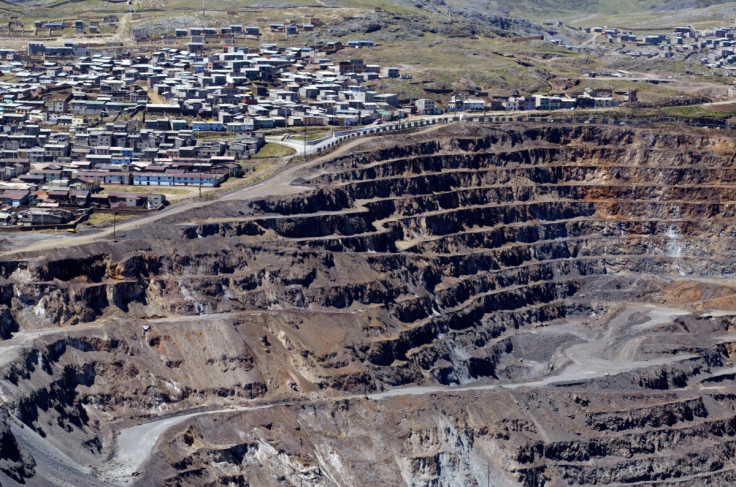Glencore cuts 1,540 jobs across Australia and Peru in downsizing move on low zinc returns

Glencore announced it is cutting 1,540 jobs and reducing its zinc production by 500,000 tonnes in plans that sent share prices soaring. As commodity prices continue to slide, the miner and trader decided to downsize zinc production, which will see hundreds of jobs cut.
Its share price jumped more than 6% shortly after the opening bell, climbing up to 128p, after the share price initially plummeted almost 80% to 68.62p. The company has been struggling with falling prices of copper, zinc and other commodities.
The axe will largely fall in Peru, where 1,000 jobs will be cut. Australian operations will also see a large number of employees losing their jobs.
Although Glencore claimed that the impact on employees will largely be temporarily, the miner pressed that it is not taking the effects lightly. "In the coming days we will engage with all employees and put in place support services to assist people who may be affected as a result of these changes," it said in a statement.
This is a major move by the company showing leadership in cutting output to help support commodity prices and is more meaningful to the market than the coal supply cuts it previously made
The company added: "The main reason for the reduction is to preserve the value of Glencore's reserves in the ground at a time of low zinc and lead prices, which do not correctly value the scarce nature of our resources."
Zinc: a sinking ship?
Of the 500,000 tonnes it is cutting out of its zinc production, almost half would have come from the Mount Isa operations in Australia. The initiative to downsize the production of the metal comes as zinc prices have fallen more than 30% in recent months.
Overall commodity prices are trading significant amounts lower, due to falling demand in China and overproduction. Recent comments that the economic crisis in China might have a prolonged effect on the global economy has weighed down zinc even more.
Investec analysts commented that Glencore, the biggest miner and commodities trader, is rightly showing leadership by cutting zinc output, which would help hike the price of the metal. Zinc is the company's third most important commodity, and its contribution to full year revenue was expected to be almost $9bn (£5.9bn).
"[It] is more meaningful to the market than the coal supply cuts it previously made," Investec said. "It also highlights the troubles faced by the miner since it needs to cut its debt levels and reducing output implies that some of this output may not be cost effective at current prices."
"It is however, a worrying reflection of the state of China – which currently consumes around 42% of the world's zinc."
© Copyright IBTimes 2025. All rights reserved.






















